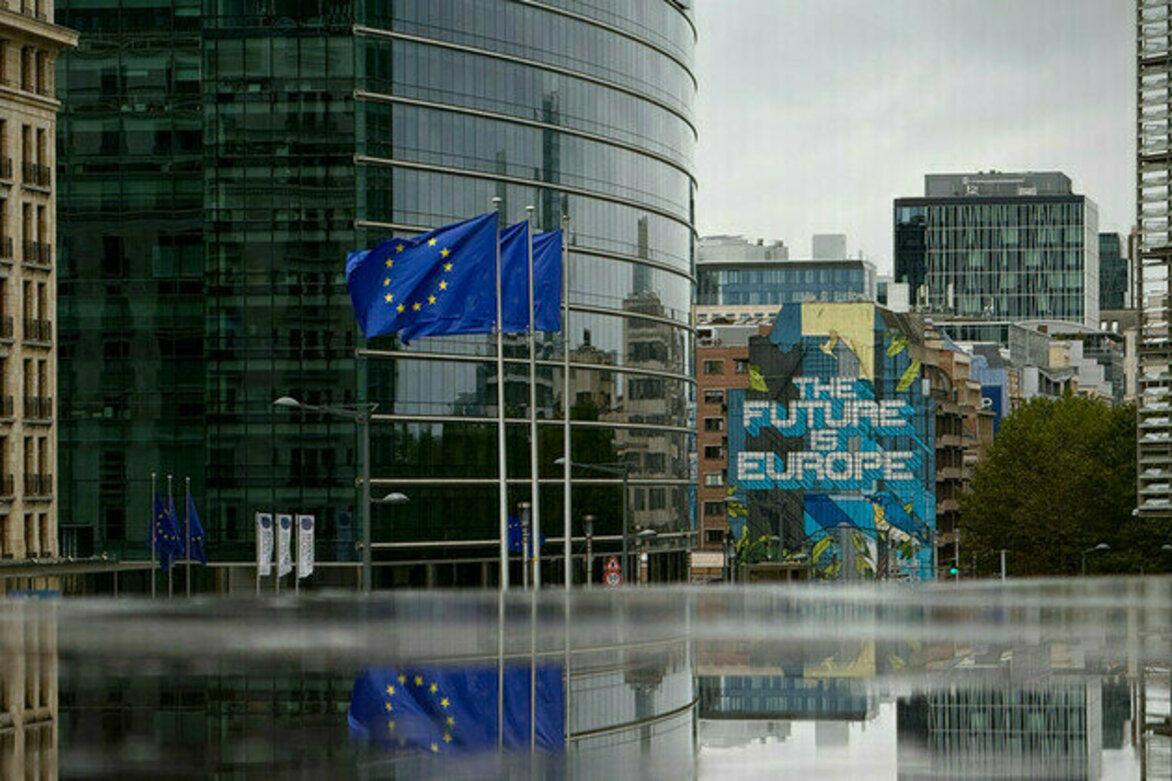Russian news agency denied EU accreditation
RT.com
03 Apr 2025

RIA Novosti has appealed the decision based on previous assurances that sanctions do not prohibit journalistic activities
The European Union has denied accreditation for this year to Russian news agency RIA Novosti, citing compliance with the bloc's sanctions against the organization, the outlet reported on Wednesday.
The news agency cited a letter from the bloc's accreditation committee informing it that while asset freezes and bans on economic resources do not directly prohibit journalistic activities, they do bar the indirect provision of economic support to sanctioned entities. This includes access to EU buildings and digital tools provided by European institutions, the letter reportedly added.
However, according to RIA Novosti, in practice, the lack of accreditation in the EU not only prevents access to media events, including those held via videoconference, but also hinders the timely receipt of materials intended for publication that are distributed to accredited journalists.
The news agency reported that it has filed an appeal with the accreditation committee, arguing that previous EU statements emphasized that restrictions would not impede journalistic work on EU territory. The agency referenced the EU Charter of Fundamental Rights as the basis for its appeal.
The EU imposed sweeping sanctions on Russian media since the escalation of the Ukraine conflict in 2022. Outlets such as RT, Sputnik, and RIA Novosti have all been banned across the bloc, while their personnel have been targeted with sanctions.
On February 24, the European Council adopted its 16th sanctions package against Russia, which included a broadcasting ban on eight additional Russian media outlets, including Lenta.ru and the TV channel Zvezda.
In a statement accompanying the sanctions, the EU accused the listed outlets of being under "direct control of the Russian government and systematically disseminating disinformation and propaganda." The EU has argued that such activities pose a threat to public order and security within the bloc.
Moscow has slammed the sanctions against Russian media, arguing that EU officials are afraid that people would see a viewpoint that differs from the Western mainstream narrative and would start drawing their own conclusions about current events.
(RT.com)
